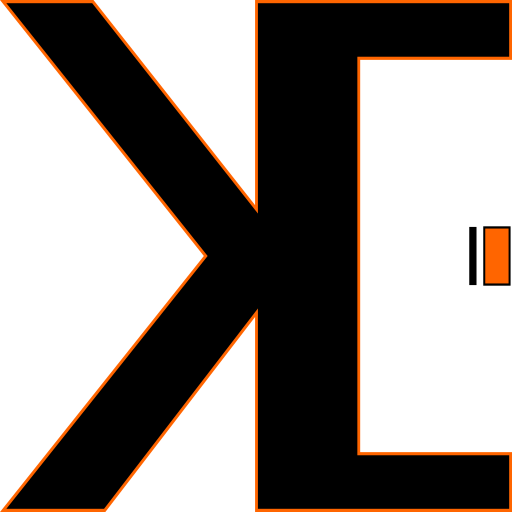Navigating the Risks and Rewards of ‘Quiet Vacationing’ in Remote Work
Imagine this scenario – your star graphic designer, Steve, is hitting all his deadlines, responding to emails in record time, and even joining Zoom calls with a tropical background. But then, you find out it’s not a virtual background at all. Steve’s been secretly working from a beach in Bali for the last month without telling anyone. This is the latest trend in remote work known as quiet vacationing, or hush trips, where employees take unapproved getaways while continuing to work remotely, all without their employer’s consent or knowledge.
Why is ‘Quiet Vacationing’ a Concern?
On the surface, this may seem harmless. If someone is hired to work remotely and is getting work done, why should it matter where the work is being done? However, quiet vacationing can create legal, financial, and security nightmares. Some experts even argue it should be a fireable offense.
Many employment contracts tie compensation, taxes, and benefits to a specific location. When employees work from a different country or state without informing their employer, it creates compliance risks. For instance, Virginia-based tech startup GravyWork faced unexpected costs when a software engineer worked secretly from California and Texas. This oversight led to additional state taxes and significant financial losses.
The Security Implications
A survey from Wrike found that 41% of remote workers admit to using personal apps to access sensitive company data. This poses severe security risks, especially when employees log in from unsecured locations like hotels or cafes, potentially exposing company data to cybercriminals.
Cultural and Trust Implications
Hayley Saunders, a workplace culture expert, argues that hush trips reflect deeper issues within company culture, such as a lack of trust and psychological safety. A healthy workplace should encourage transparency and trust, allowing employees to take legitimate time off without resorting to secretive measures.
Finding a Solution
To address these issues, businesses must foster a culture of accountability and transparency. Suzanne Lucas, known as “The Evil HR Lady,” warns that hush trips can lead to legal headaches, emphasizing the importance of compliance with local laws.
Tools like Traqq offer a solution by providing ethical time tracking without invasive surveillance. Traqq uses AI-driven analytics to monitor productivity, allowing employees to work freely and efficiently without feeling micromanaged. It helps businesses maintain accountability while respecting employee privacy.
A Path to Flexibility and Responsibility
Quiet vacationing highlights a need for balanced remote work policies. Businesses should communicate clear expectations regarding remote work locations and consider requests from employees to work from different places when appropriate. Ultimately, the future of work is flexible, but it also demands responsibility from both employers and employees.





